
THE BASES:
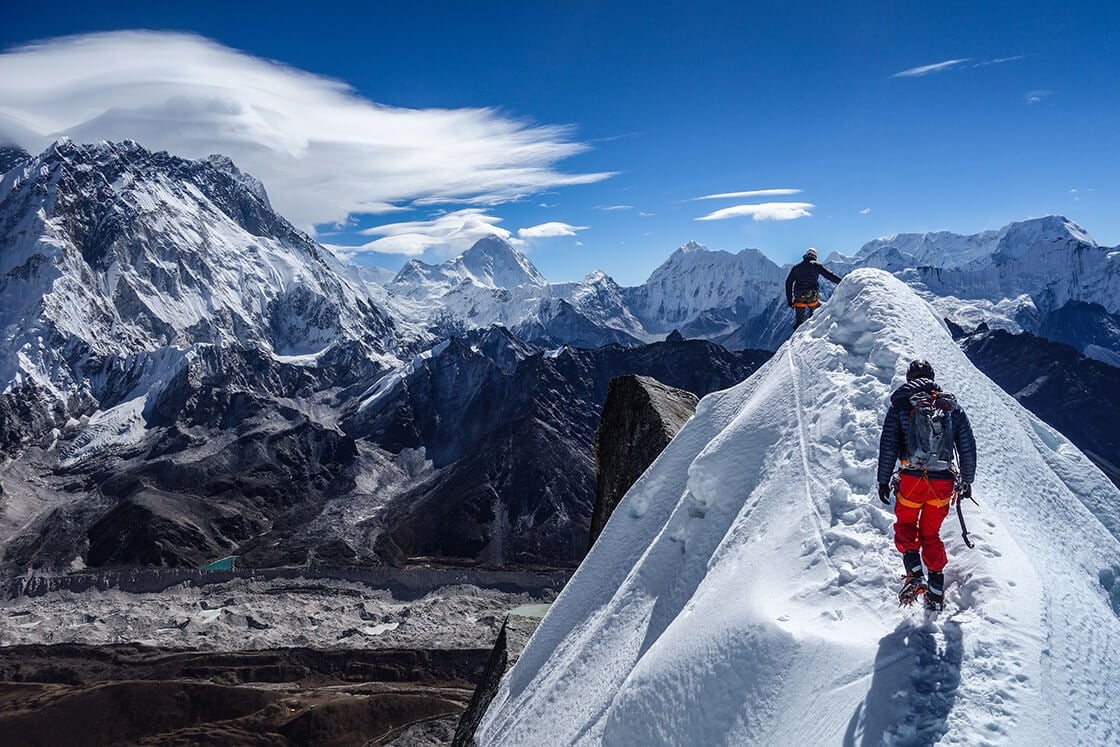
WHEN, WHY, HOW, WITH WHOM?
First of all, you have to know where you want to go, and if you have the means to get there. Going alone or in a team, to the other side of the world or to your region, climbing a mountain or crossing a continent and how much time you want to devote to this adventure: a month, a year? The list is non-exhaustive, which is why you need to be able to define what you want to achieve, with whom and why these people.
THE OBJECTIVE
What do you want to leave for? What will this expedition bring you personally, and what impact will it have on the outside world? Remember to put it all down on paper and know that the longer the list, the more difficult it will be to carry out your project.
Do you want to publicise your adventure, if so, in what way? In photos, in books... It is essential to be able todefine the interest of your expedition, to finally ask yourself in an objective and honest way: are you capable of doing it?
It is no use imagining an amazing expedition if your body and mind let you go after two days. Talk to people around you, people who know you, or others who are experienced in the field, so that you can take stock of the situation.
Whatever your objectives are, you must be able to classify them in a priority order so that you can ask yourself: the objective of my expedition is ... so that, whatever happens, I can always have this one in my sights. The others will be secondary. Consult the members who will accompany you and don't hesitate to talk about it around you.
THE FRAMEWORK
Finally, you need to work on the organization of your project, depending on the duration, the members and the cost. There is always a tendency to idealize the organizational side, often forgetting that it takes longer than expected. Getting started as soon as possible, with everyone's role being precisely delegated, is a priority.
According to Phil Norris, an American adventure guide, " good organization facilitates the preparation and cohesion of the group ", this cohesion is important, through good communication within the team, to be able to overcome difficulties once on site.
THE FOOD
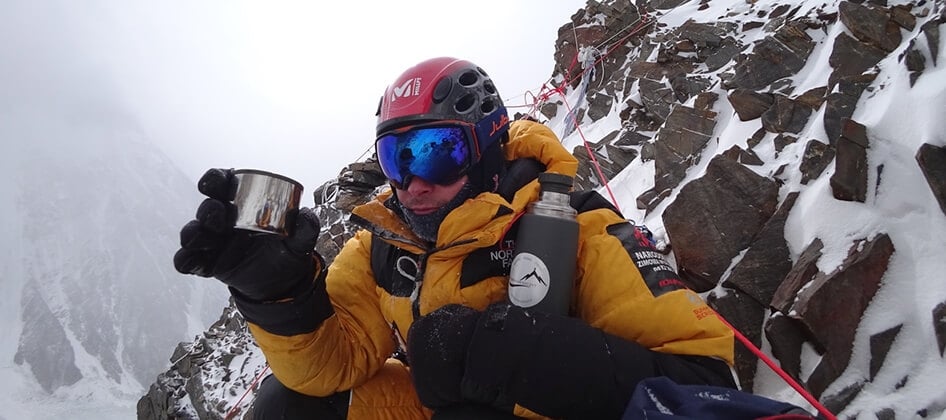
TARGETED FEEDING :
Freeze-dried foods, frozen foods, snacks or conventional foods, all depend on the duration of the expedition, the weight you want to give, and the caloric requirements you will need. At high altitude, or in intense cold conditions, it is better to adopt a hyper-carbohydrate and salty diet by multiplying the food intake, with snacks for example (cereal bars, biscuits, chocolates...) The food remains the fuel for your body!
DRINKS AND TIPS:
Of course, you should also think about drinking regularly. Hot drinks, water, don't skimp! Here are some tips put into practice by Ross Hewitt: " Dried meat was our favourite snack because our bodies craved protein. Take a thermos for a hot drink and pockets of water to put in your sleeping bag. Eat as soon as you can and swallow fat before going to bed to get a warmer night's sleep. We used to put a spoonful of butter in our tea before bed! Take a large assortment of drinks with you: tea coffee energy drinks, sweetened condensed milk... "
HEALTH
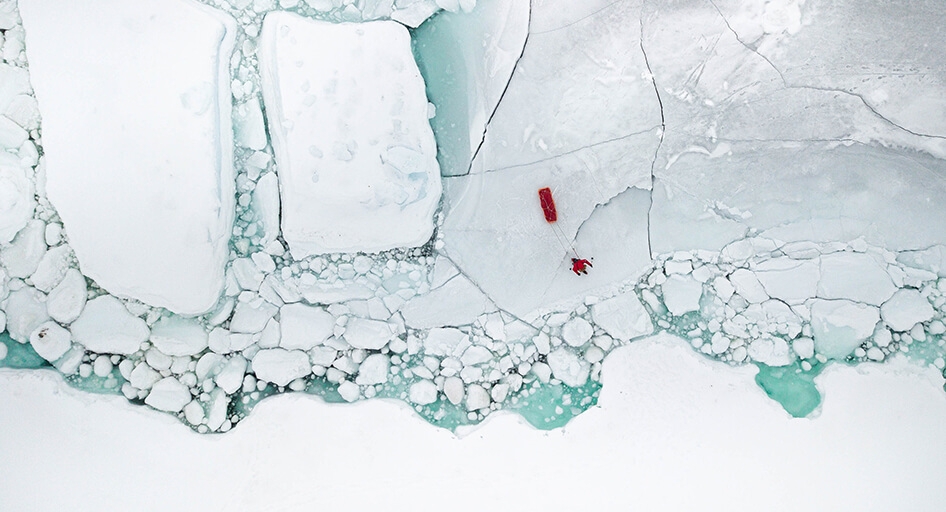
Not everyone is fortunate enough to have a doctor or someone trained in first aid on their team. The best thing is therefore, as always, to have basic knowledge to be able to manage alone in any condition.
AT HIGH ALTITUDE
At high altitude, the most frequent risks are frostbite and MAM (Mal Aiguille des Montagnes). Frostbite is painless, but can be fatal, sometimes resulting in the amputation of your toes or fingers. It is therefore important to warm them up as often as possible, do not wear clothes/ gloves/ shoes/ too tight. Mam, on the other hand, are due to a too rapid ascent and hypoxia, i.e. the decrease in the quantity of oxygen that the blood distributes to the tissues. Progressive acclimatization of the body to high altitude is therefore essential to avoid Mam and having to descend in an emergency. During the days of progression, be aware that you should not climb more than 400 meters between each camp. Don't forget also something else that is commonplace but extremely useful: sun cream, to prevent possible burns and moisturizing creams to prevent clothes from rubbing against the skin.
IN REMOTE AREAS
When you are in wild and remote areas, you must be self-sufficient and always carry enough in your first aid box to suit your location. Once again, training before leaving is necessary. And as is often said: prevention is better than cure!
COMMUNICATING AND FINDING YOUR WAY AROUND
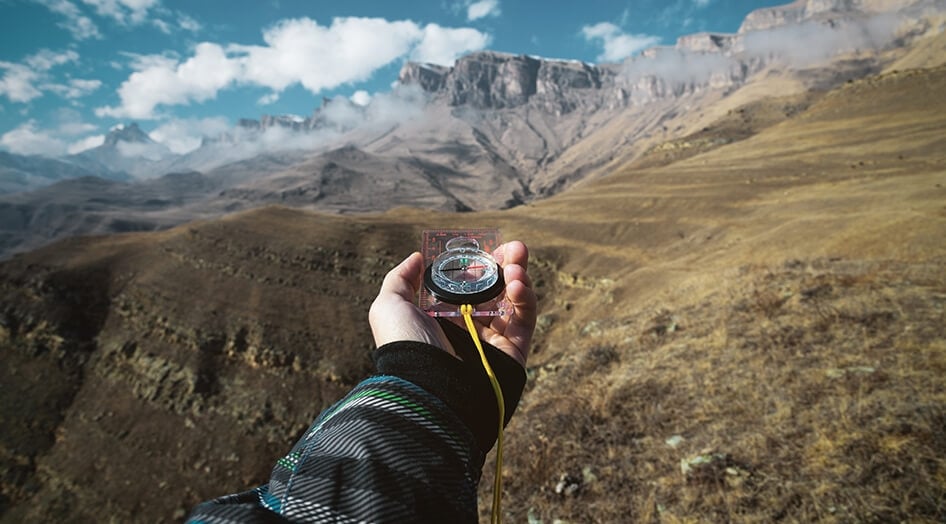
Smartphone, satellite phone, personal locator beacon (also called PLB) or VHF radio, are all means of communication that can be useful during an expedition, as much to communicate with your loved ones or rescue services, as to orientate yourself.
THE RIGHT MEANS IN THE RIGHT PLACES
Once again, the means of communication will be effective if you choose them according to your shipping location. Smartphones will only work if you are in areas with satellite coverage. Outside of these areas, you'll need to consider purchasing either a VHF radio or a satellite phone (which can be rented, although Ross Hewitt recommends purchasing one if your expedition is scheduled for more than 30 days).
DISTRESS AND COMMUNICATIONS
Personal Locator Beacons (PLBs) are small transmitters that, when you activate them in case of distress, emit a radio signal to the emergency services indicating your geographical position, so that they can find you as quickly as possible.
To give news to your relatives or sponsors, you can, like Yannick Graziani, use your smartphones or satellite phones (if you are in remote places) that will allow you to send messages wherever you are.
ALL MEANS ARE GOOD
To orient yourself in your expedition, you must not skimp on means. Between maps at different scales, GPS, altimeters, compasses or even aerial mapping systems (such as the famous Google Earth), you have to master everything. Simply because in the event of a technological glitch, "rudimentary" means will take over without any problem. Even if one person in the team can be designated to manage orientation, it is advisable that everyone take an interest in your choices of direction and navigation. This will allow you to be autonomous if the team has to split up along the way.
Selection of a few products for your next expedition :
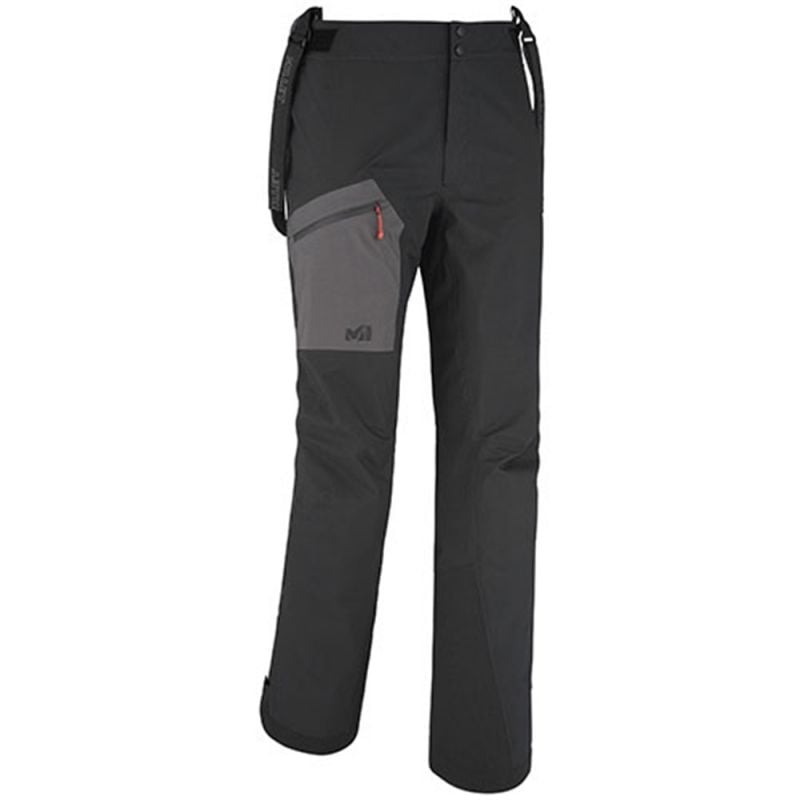
Goretex trilogy ultimate jacket woman
Trilogy mountaineering pants woman

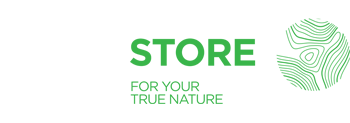
































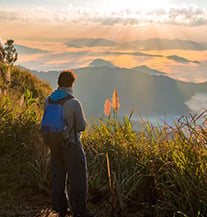

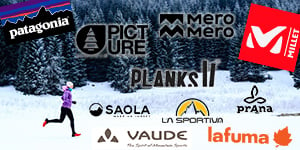
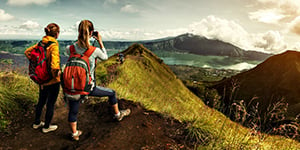
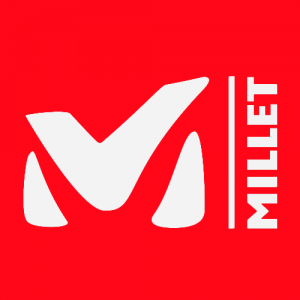
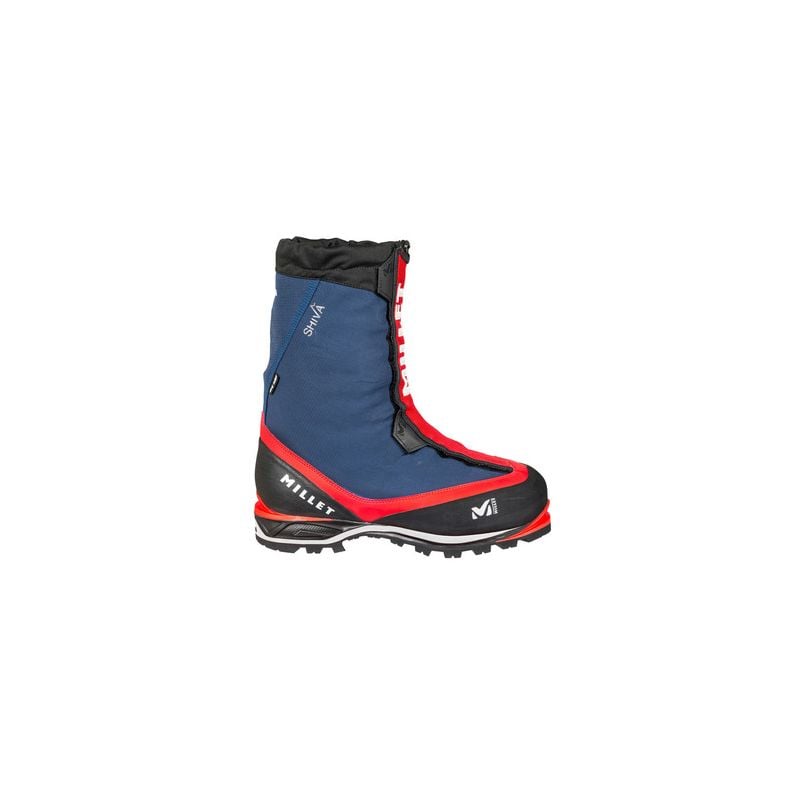
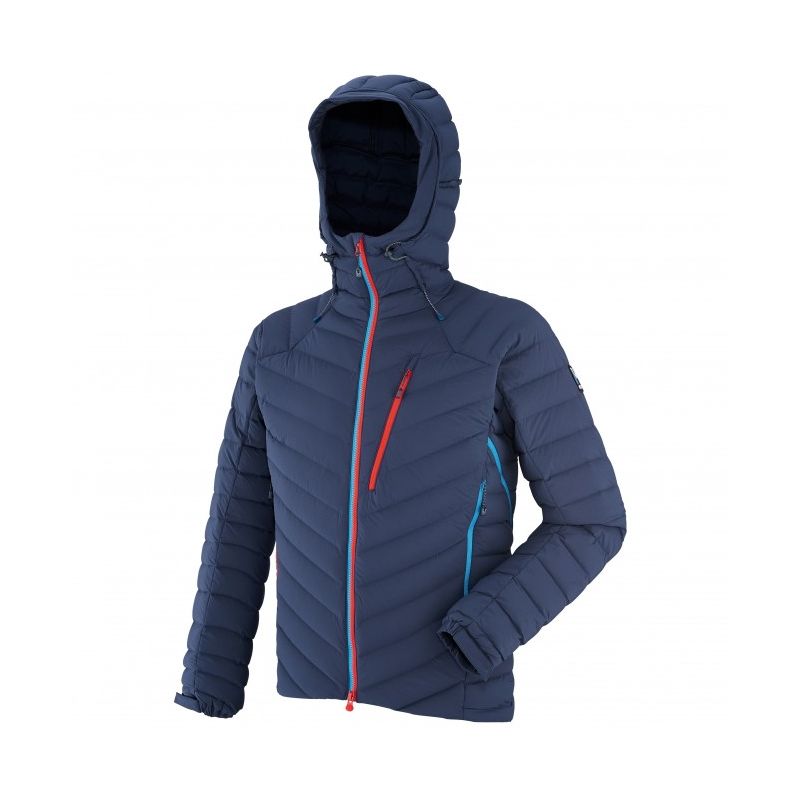
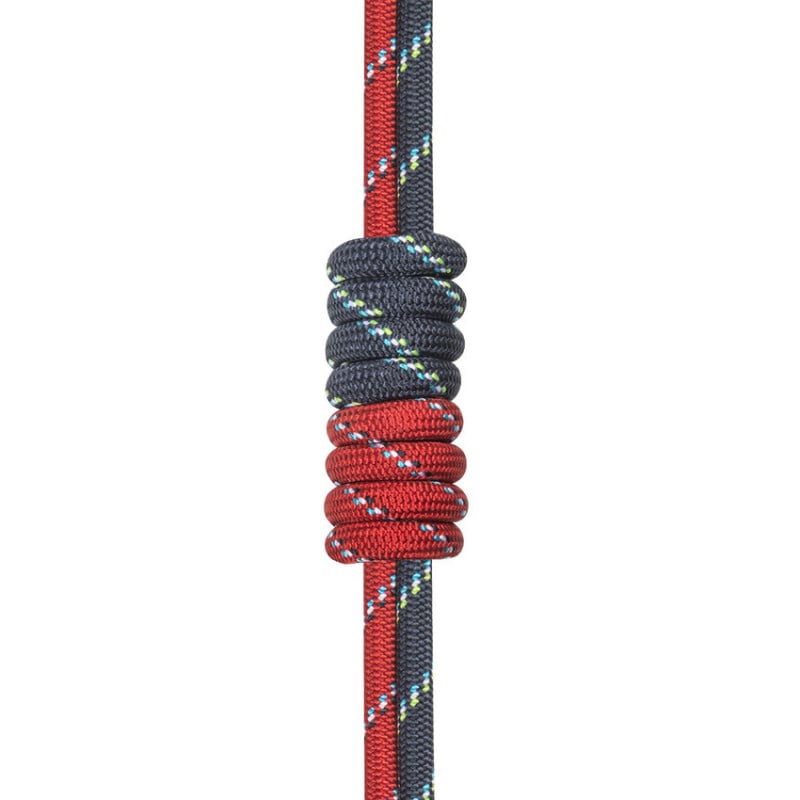
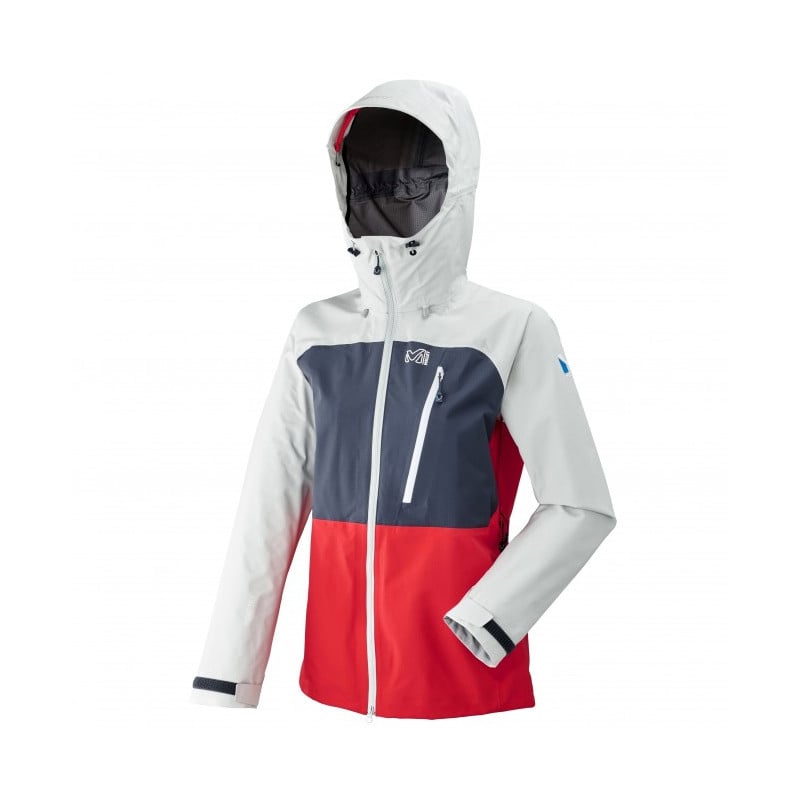

Leave a Reply
All fields are required